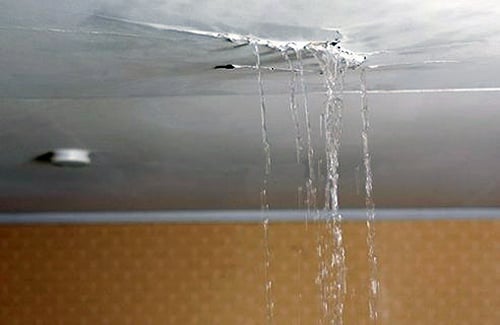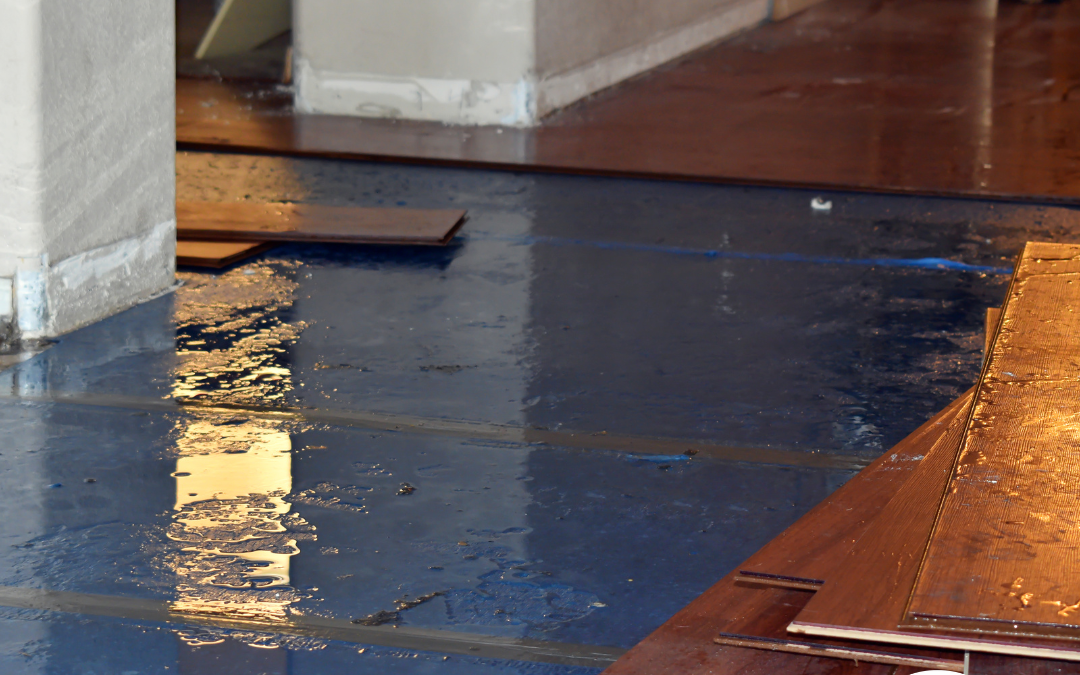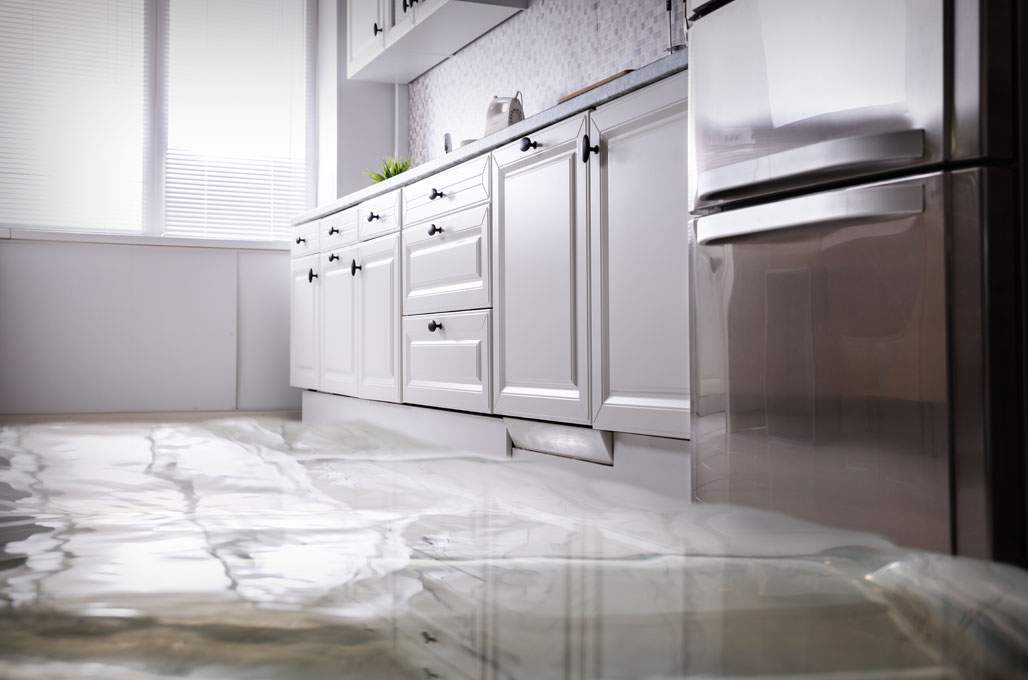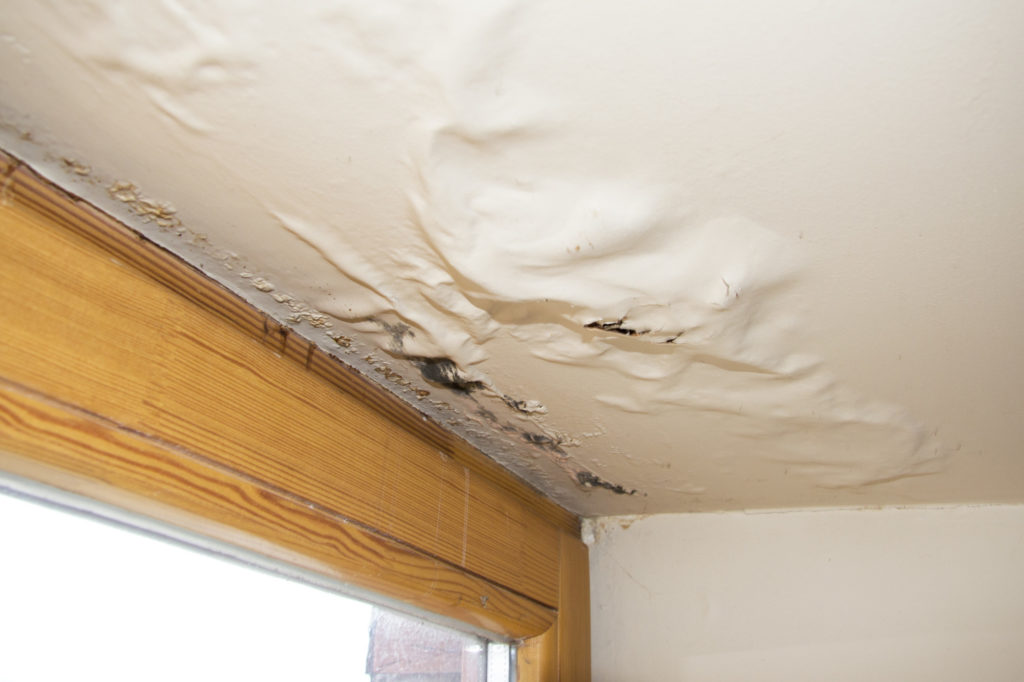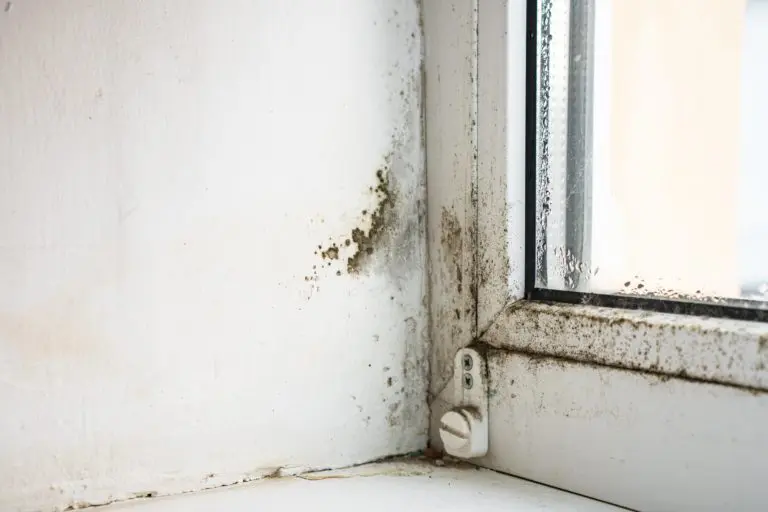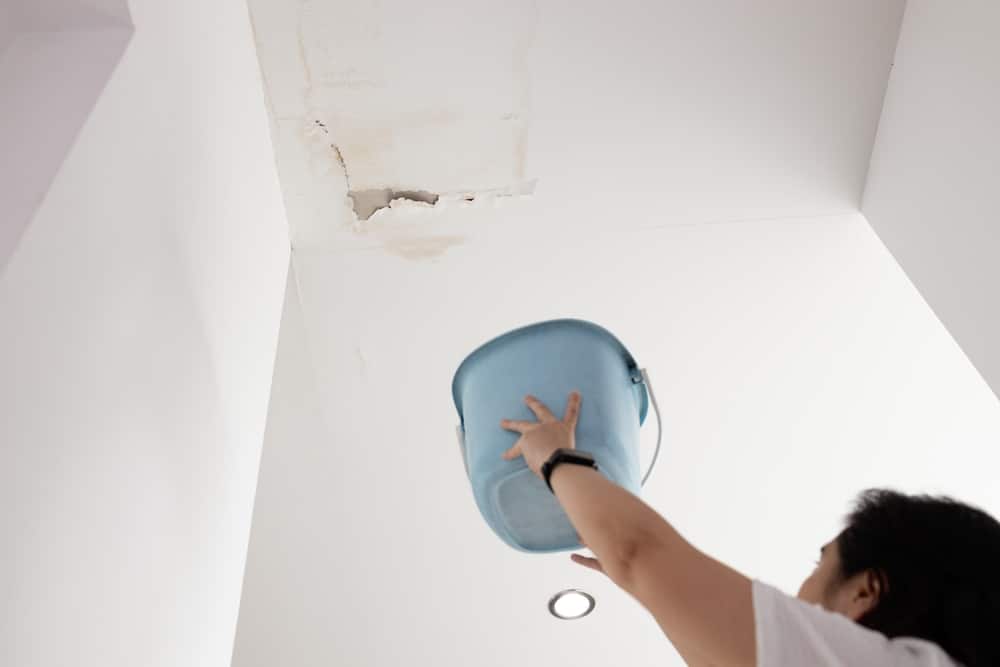The relationship between water pressure and leaks is a crucial aspect of home maintenance that often goes unnoticed until it’s too late. Understanding how these two elements interact can help homeowners prevent costly repairs and maintain a safe, efficient plumbing system.
In this article, we will delve into the dynamics of water pressure and its significant impact on plumbing leaks. By the end, you’ll have a clear understanding of how to manage water pressure to minimize the risk of leaks in your home.

What is Water Pressure?
Water pressure refers to the force exerted by water as it flows through pipes. This force is essential for the delivery of water to various fixtures in your home, such as faucets, showers, and toilets. The pressure is typically measured in pounds per square inch (PSI).
Ideal Water Pressure Levels
Maintaining the right water pressure is crucial. Ideally, residential water pressure should range between 40 to 60 PSI. Pressure above 80 PSI is considered too high, while anything below 30 PSI is too low.
Why High Water Pressure is a Problem
High water pressure can lead to several issues, including increased stress on plumbing fixtures and pipes. This stress often results in leaks, as the pipes and joints are unable to withstand the continuous pressure.
Signs of High Water Pressure
Common signs of high water pressure include banging pipes, running toilets, and dripping faucets. If you notice any of these symptoms, it may be time to check your water pressure.
The Impact of Low Water Pressure
While high water pressure is a concern, low pressure can also cause problems. Low pressure can lead to insufficient water flow, causing inconvenience and inefficiency in daily tasks.
Causes of Low Water Pressure
Low water pressure can result from various factors, such as blocked pipes, faulty pressure regulators, or municipal water supply issues.
How Water Pressure Causes Leaks
The relationship between water pressure and leaks is primarily due to the stress that fluctuating pressure levels place on the plumbing system. Both high and low pressure can cause wear and tear, leading to leaks over time.
Preventing Leaks Through Pressure Management
To prevent leaks, it’s essential to maintain optimal water pressure. Installing a pressure regulator can help control pressure levels, reducing the risk of leaks.
Additionally, regular maintenance and inspections can identify potential issues before they lead to leaks. For more tips on preventing leaks, visit checklists for homeowners.
Water Hammer and Its Effects
Water hammer is a phenomenon that occurs when water flow is suddenly stopped, causing a shockwave through the pipes. This can lead to increased pressure and, subsequently, leaks.
Solutions for Water Hammer
Installing water hammer arrestors can mitigate the effects of water hammer. For more information on how to add these devices, check out how to add water hammer arrestors.
Protecting Plumbing During Construction
During construction or renovation, it’s vital to protect plumbing systems to prevent damage and leaks. Proper planning and execution can save time and money in the long run.
For guidelines on protecting pipes during construction, visit protecting pipes.
External Factors Affecting Water Pressure
External factors, such as seasonal changes and municipal water supply issues, can also impact water pressure and cause leaks.
For more insights on managing water-related challenges, explore preventing water damage in industrial facilities.
Regular Maintenance for Leak Prevention
Regular plumbing maintenance is essential to prevent leaks and manage water pressure. Scheduling inspections can help identify potential problems before they escalate.
DIY vs. Professional Maintenance
While some maintenance tasks can be performed by homeowners, others require professional expertise. Understanding when to call a plumber can make a significant difference.
Emergency Measures for Leaks
In case of a leak, acting quickly is crucial to minimize damage. Knowing how to shut off the water supply and contact a plumber can save time and prevent extensive repairs.
Technological Solutions for Monitoring Water Pressure
Smart home technology offers innovative solutions for monitoring and managing water pressure. Devices like smart water sensors and pressure monitors can provide real-time data and alerts.
Explore more about these technologies at solutions for water hammer noise.
Conclusion
Understanding the relationship between water pressure and leaks is key to maintaining a healthy plumbing system. By managing water pressure effectively and performing regular maintenance, homeowners can prevent leaks and ensure the longevity of their plumbing infrastructure.

FAQ
Q1: What is the ideal water pressure for a residential home?
A: The ideal water pressure for a residential home is between 40 to 60 PSI.
Q2: Can high water pressure cause leaks?
A: Yes, high water pressure can stress pipes and fixtures, leading to leaks over time.
Q3: How can I prevent water hammer in my plumbing system?
A: Installing water hammer arrestors can help prevent the effects of water hammer.
This article contains affiliate links. We may earn a commission at no extra cost to you.

